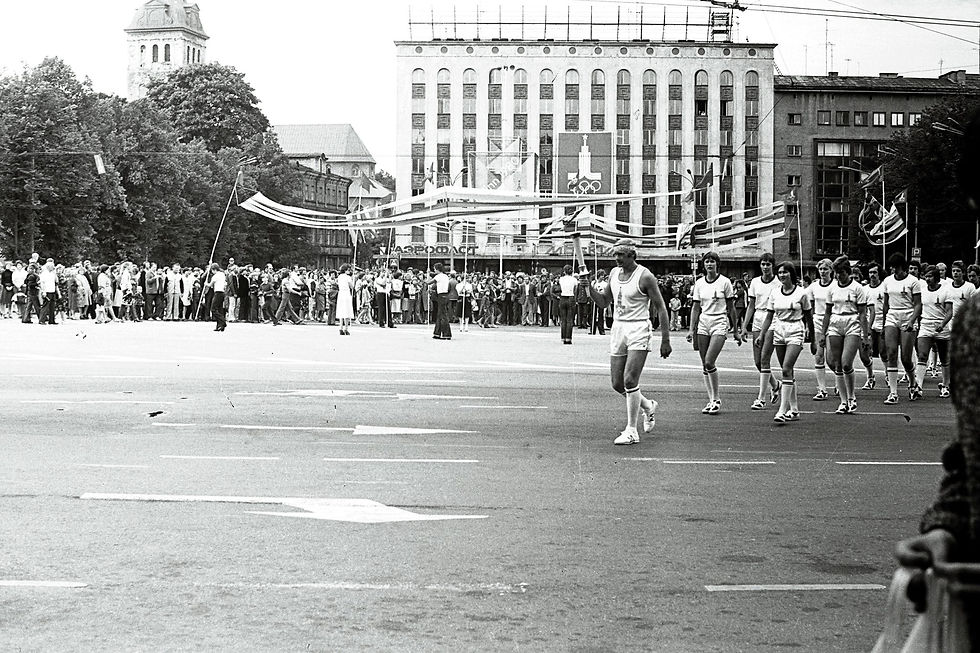- Mar 1, 2019
Updated: Jun 2, 2019

1.3.2019, UCL SSEES. Room 433. 1pm-3pm.
Tactics and Strategies Workshop: Winding Ways Towards a Power Horizontal
With special guest Karol Radziszewski
The convenors of Perverting the Power Vertical invite you to join a roundtable discussion with fellow researchers, activists, artists, theorists, designers and other practitioners. We will brainstorm strategies for perverting power, questioning the legitimacy of the political order and resisting the enforced organicism of homogeneity in politics, culture and society at large. The discussion will serve the function of being an outset for ideas and inquiries that will play a role in forming agenda of PPV.







